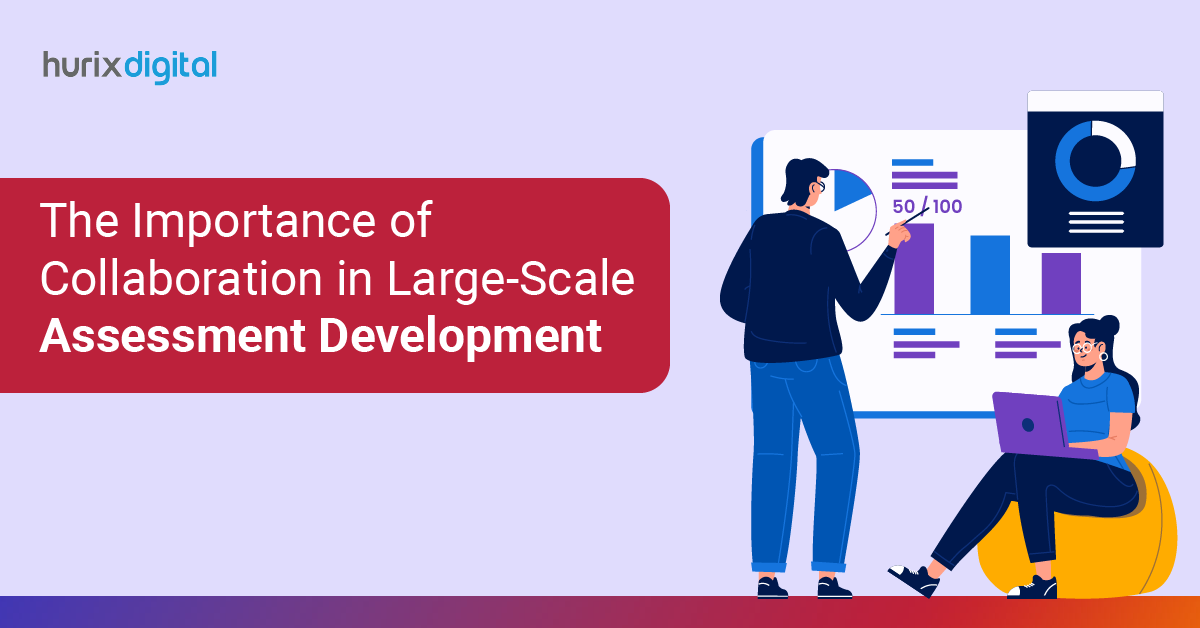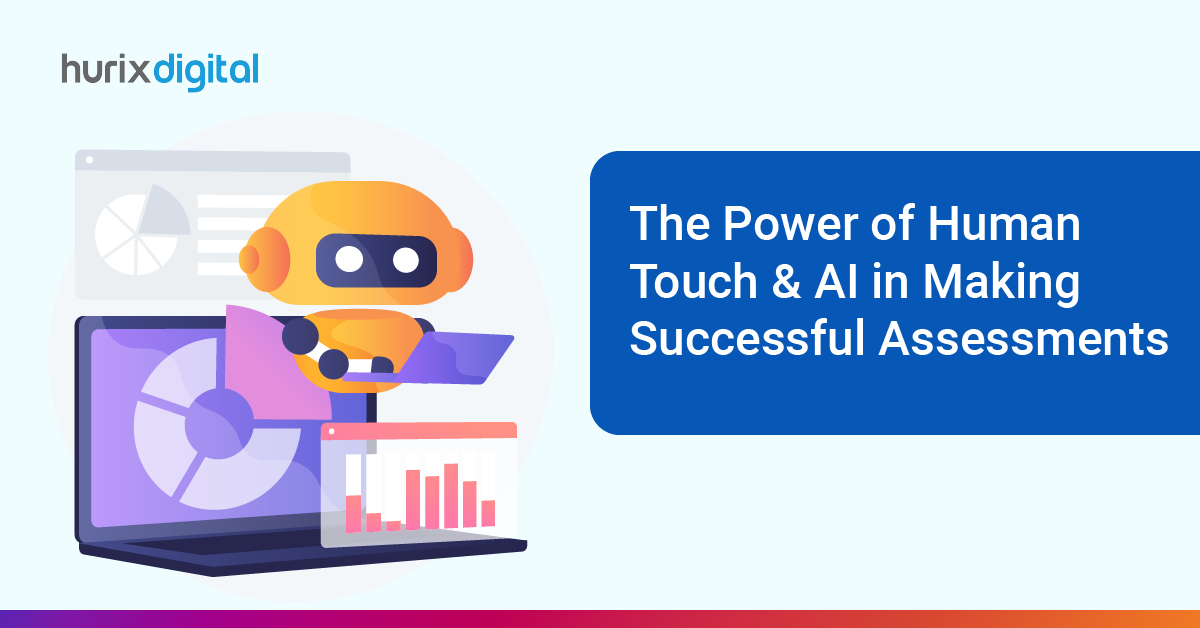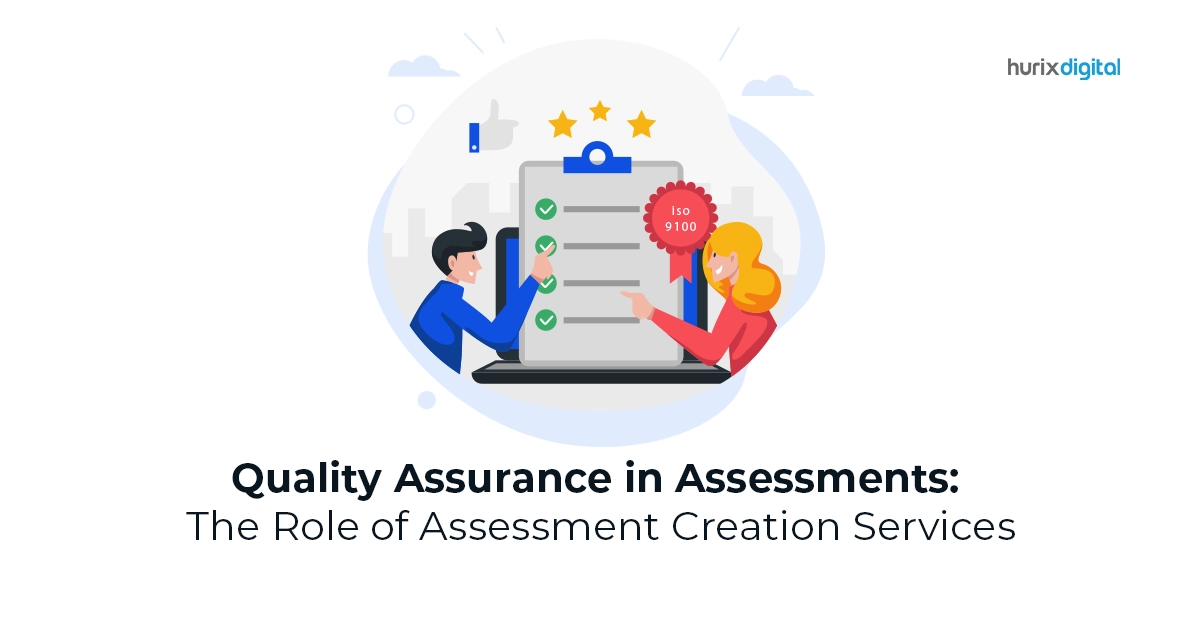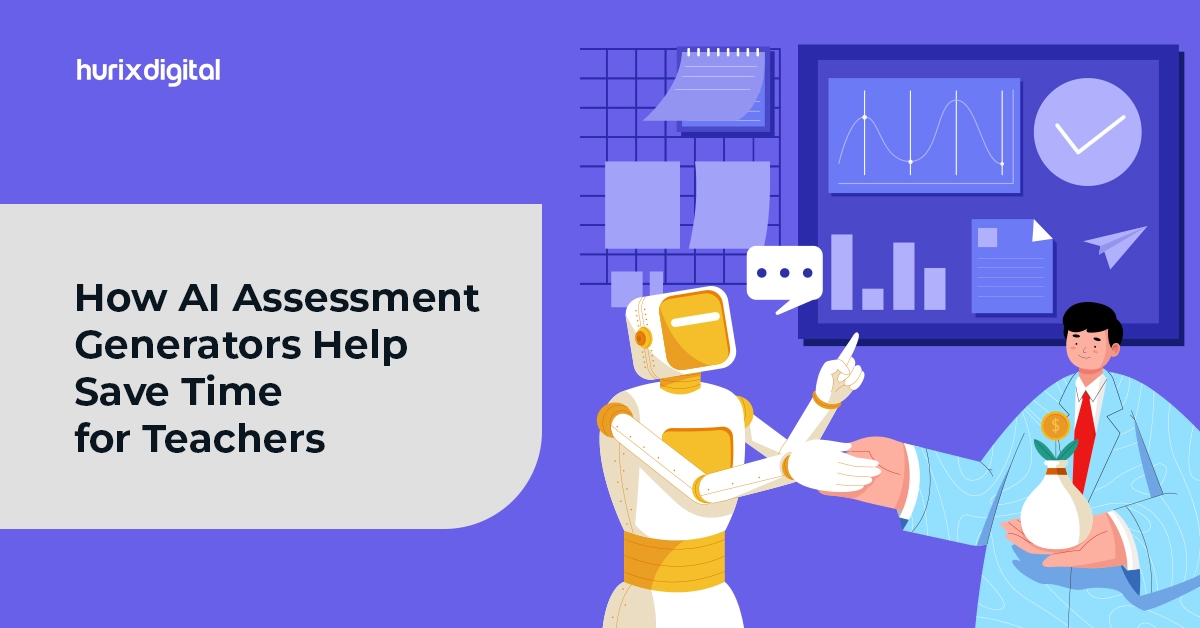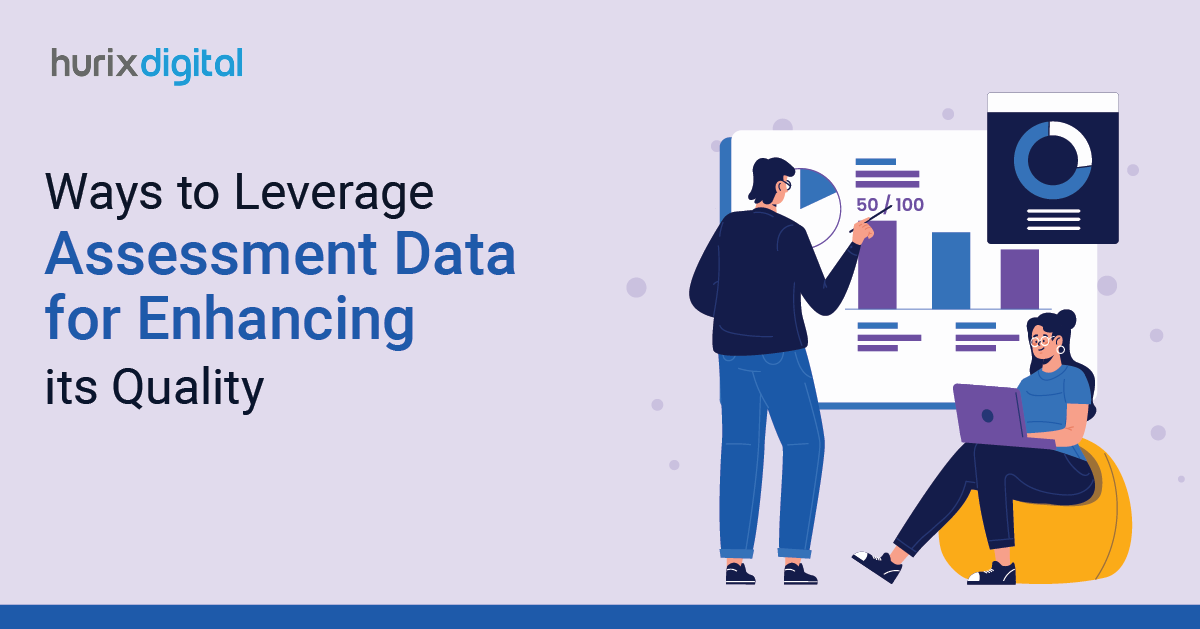
Ways to Leverage Assessment Data for Enhancing its Quality
Summary
This blog explores leveraging assessment data in education, discussing AI-generated data’s role in enhancing teaching strategies, ensuring fairness, and improving learning experiences, while emphasizing best practices and ethics.
Gathering and analyzing learner data is imperative for educators in today’s digital landscape. This is especially relevant for assessment data, as it allows educators to leverage the power and gain deeper and better insights into specific preferences and individual learner needs.
Educators can harness digital assessment data generated by AI assessment generators like Dictera for various purposes. These include improving their teaching strategies, offering differentiated feedback, ensuring assessment fairness, revisiting topics covered earlier, and more.
To this end, this post will explore the importance of data-driven assessment improvement and ways to leverage data to improve the quality and fairness of assessment items.
Table of Contents:
- Importance of Leveraging Assessment Data
- Benefits of Leveraging Assessment Data to Improve Quality and Fairness
- Best Practices for Leveraging Assessment Data
- To Conclude
Importance of Leveraging Assessment Data
Assessment data generated by AI question generators can be very useful for educators and learners.
Here are some of the reasons why you should leverage assessment data and prioritize assessment item quality in testing:
1. Understanding Data Quality
Assessment data quality is typically multifaceted, encompassing multiple dimensions. These dimensions can help educators evaluate the overall quality of data generated by AI assessment generator tools in education significantly.
2. Creating Better Learning Experiences
Data analytics in education, using data collected by AI assessment generators such as Dictera, can help inform educators about the learner priorities in terms of what they need to learn and how. This, in turn, enhances their overall experience and improves learner engagement and knowledge retention as well.
3. Help Address Inconsistencies in Data
Understanding assessment data helps in detailed educational data analysis and addressing uniformity across data sources as well. For instance, several inconsistencies can arise, such as abbreviations, misspellings, etc, in different datasets, and leveraging data can help address these inconsistencies adequately.
4. Making More Informed Decisions
Without using assessment data generated by automated question generators, educators can rely too much on traditional assessing methodologies, many of which have become outdated as compared to new ways of teaching and assessing modern learners.
Also Read: Optimizing Assessment Services with AI and Machine Learning
Benefits of Leveraging Assessment Data to Improve Quality and Fairness
Leveraging assessment data has several advantages, such as promoting equity, fairness, test bias reduction, transparency, and more.
Some of these benefits are discussed below in detail:
1. Promotes Equity in Education
Leveraging assessment data generated by automated assessment generators allows educators to compare varied groups of learners, which helps in flagging and addressing achievement gaps.
This, in turn, ensures that all learners, regardless of their educational background, preferences, or individual circumstances, have equal access to quality education and support.
2. Ensures That Assessments Are Fair And Transparent
It ensures that the assessments are designed and administered to minimize bias, ambiguity, and error.
Additionally, it helps communicate the information clearly and explicitly to learners, educators, and evaluators so that they understand the purpose, criteria, and standards of the assessment.
For instance, if the online learning program uses a rubric to grade learners’ performance, the rubric should be shared with them before the assessment validity period and used consistently by all evaluators during the assessment.
3. Help Measure the Impact of Data-Driven Teaching
One key aspect of assessment and other educational data analysis is assessing and measuring its impact on overall learning outcomes.
Effectively examining learner performance through assessment data helps improve outdated instructional strategies and maximize the advantages of data-driven learning practices.
For example, Dictera is a leading AI assessment tool that allows educators to measure learner progress and identify specific areas that require additional support.
By thoroughly comparing different datasets, educators can assess the effectiveness of their teaching methodologies and refine and adjust their instructional practices accordingly. This type of continuous evaluation and data assessment ensures improved learning outcomes in the long run.
4. Maintain Ethics in Assessments
When collecting assessment data, it is crucial to inform learners in advance and get their consent. The need for the educators is to inform the purpose of data collection and how the same will be used. In addition, it is essential to keep the data anonymous to protect student privacy.
Likewise, educators need to be very clear and transparent about the security measures they are taking to protect learner data. This includes implementing various security protocols to prevent unauthorized access or data breaches.
Factoring in these ethical considerations allows educators to ensure that learner data is gathered and utilized fairly and equitably.
Best Practices for Leveraging Assessment Data
In this section, we will cover some of the best practices to help you adequately leverage assessment data analytics in education.
1. Be Clear in Your Goals
Make sure to use rubrics for all of your assessments that offer clear grading criteria. Moreover, articulate the learning objective related to the assessment to the learners to help them complete it seamlessly.
2. Create Opportunities for Success
Offer students the opportunity to build a positive outcome early on. For instance, educators can ask learners to discuss why they’ve chosen to take the respective course or where they expect to face any issues.
3. Provide Spaces for Reflection
After taking the assessments, make sure to create a discussion forum as a place where learners can discuss and share the challenges they faced in the assessment. This offers them an excellent opportunity for reflection to ensure better learning outcomes.
Also Read: Explore Best 15 AI Assessment Tools for Higher Education
To Conclude
Assessment generation is a lengthy and time-consuming process. Artificial intelligence for assessment and AI assessment generators like Dictera make the process easier and allow you to leverage valuable assessment data to improve the quality and fairness of the assessment items.
Additionally, automated assessment generators can promote data-driven assessment improvement by informing your future decisions on design and creation and providing several metrics to help you monitor your team’s performance throughout the process.
Dictera by Hurix Digital is a robust AI question generator that helps with all these aspects. To learn more, contact our team and explore the tool’s full range of capabilities.

Currently serving as the Vice President of Technology Delivery Operations at HurixDigital, a prominent global provider of digital content and technology solutions for publishers, corporations, and educational institutions. With over 16 years of experience spanning EdTech and various domains, I hold certification as a SCRUM Product Owner (CSPO). My expertise includes operations, finance, and adept people management skills.
